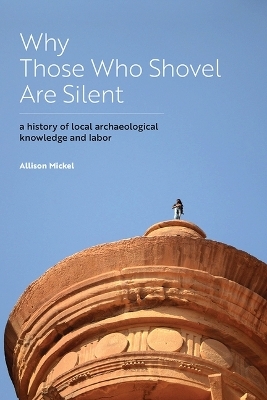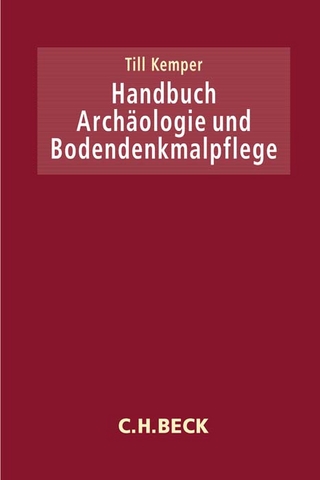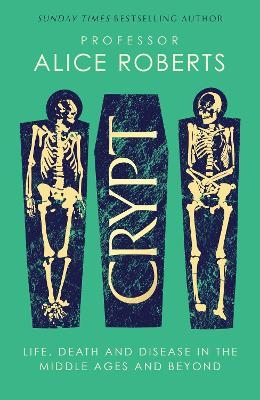
Why Those Who Shovel Are Silent
A History of Local Archaeological Knowledge and Labor
Seiten
2021
University Press of Colorado (Verlag)
978-1-64642-126-8 (ISBN)
University Press of Colorado (Verlag)
978-1-64642-126-8 (ISBN)
Why Those Who Shovel Are Silent is based on six years of in-depth ethnographic work with current and former site workers at two major Middle Eastern archaeological sites Petra, Jordan, and Catalhoyuk, Turkey combined with thorough archival research.
For more than 200 years, archaeological sites in the Middle East have been dug, sifted, sorted, and saved by local community members who, in turn, developed immense expertise in excavation and interpretation and had unparalleled insight into the research process and findings—but who have almost never participated in strategies for recording the excavation procedures or results. Their particular perspectives have therefore been missing from the archaeological record, creating an immense gap in knowledge about the ancient past and about how archaeological knowledge is created.
Why Those Who Shovel Are Silent is based on six years of in-depth ethnographic work with current and former site workers at two major Middle Eastern archaeological sites—Petra, Jordan, and Çatalhöyük, Turkey—combined with thorough archival research. Author Allison Mickel describes the nature of the knowledge that locally hired archaeological laborers exclusively possess about artifacts, excavation methods, and archaeological interpretation, showing that archaeological workers are experts about a wide range of topics in archaeology. At the same time, Mickel reveals a financial incentive for site workers to pretend to be less knowledgeable than they actually are, as they risk losing their jobs or demotion if they reveal their expertise.
Despite a recent proliferation of critical research examining the history and politics of archaeology, the topic of archaeological labor has not yet been substantially examined. Why Those Who Shovel Are Silent employs a range of advanced qualitative, quantitative, and visual approaches and offers recommendations for archaeologists to include more diverse expert perspectives and produce more nuanced knowledge about the past. It will appeal to archaeologists, science studies scholars, and anyone interested in challenging the concept of “unskilled” labor.
For more than 200 years, archaeological sites in the Middle East have been dug, sifted, sorted, and saved by local community members who, in turn, developed immense expertise in excavation and interpretation and had unparalleled insight into the research process and findings—but who have almost never participated in strategies for recording the excavation procedures or results. Their particular perspectives have therefore been missing from the archaeological record, creating an immense gap in knowledge about the ancient past and about how archaeological knowledge is created.
Why Those Who Shovel Are Silent is based on six years of in-depth ethnographic work with current and former site workers at two major Middle Eastern archaeological sites—Petra, Jordan, and Çatalhöyük, Turkey—combined with thorough archival research. Author Allison Mickel describes the nature of the knowledge that locally hired archaeological laborers exclusively possess about artifacts, excavation methods, and archaeological interpretation, showing that archaeological workers are experts about a wide range of topics in archaeology. At the same time, Mickel reveals a financial incentive for site workers to pretend to be less knowledgeable than they actually are, as they risk losing their jobs or demotion if they reveal their expertise.
Despite a recent proliferation of critical research examining the history and politics of archaeology, the topic of archaeological labor has not yet been substantially examined. Why Those Who Shovel Are Silent employs a range of advanced qualitative, quantitative, and visual approaches and offers recommendations for archaeologists to include more diverse expert perspectives and produce more nuanced knowledge about the past. It will appeal to archaeologists, science studies scholars, and anyone interested in challenging the concept of “unskilled” labor.
Allison Mickel is assistant professor of anthropology at Lehigh University. She has excavated in Kenya, Turkey, Jordan, and the United States and is the author of Archaeologists as Authors and the Stories of Sites.
| Erscheinungsdatum | 10.05.2021 |
|---|---|
| Zusatzinfo | 20 |
| Verlagsort | Colorado |
| Sprache | englisch |
| Maße | 152 x 229 mm |
| Gewicht | 295 g |
| Themenwelt | Geisteswissenschaften ► Archäologie |
| Sozialwissenschaften ► Ethnologie | |
| Sozialwissenschaften ► Soziologie | |
| ISBN-10 | 1-64642-126-4 / 1646421264 |
| ISBN-13 | 978-1-64642-126-8 / 9781646421268 |
| Zustand | Neuware |
| Haben Sie eine Frage zum Produkt? |
Mehr entdecken
aus dem Bereich
aus dem Bereich
Holocaust heritage, noncitizen futures, and black power in Berlin
Buch | Softcover (2022)
University of California Press (Verlag)
CHF 52,35
Life, Death and Disease in the Middle Ages and Beyond
Buch | Hardcover (2024)
Simon & Schuster Ltd (Verlag)
CHF 38,40


